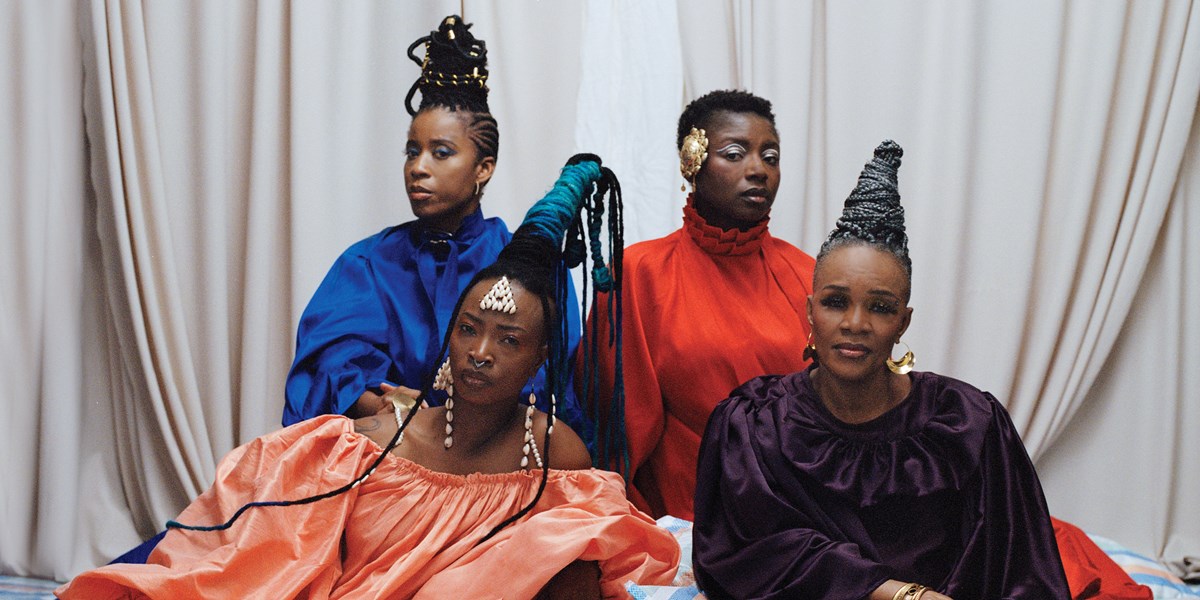Wednesday, March 20, 2024
Les Amazones d’Afrique: Taking the Crown
Feminist supergroup Les Amazones d’Afrique mark a decade of existence this year, with a new release to celebrate. Jane Cornwell talks politics, power and positivity with the current line-up. “Women are suffocating. We want them to breathe,” they tell her.


Register now to continue reading

Thanks for visiting the Songlines website, your guide to an extraordinary world of music and culture. Sign up for a free account now to enjoy:
- Free access to 2 subscriber-only articles and album reviews every month
- Unlimited access to our news and awards pages
- Our regular email newsletters

